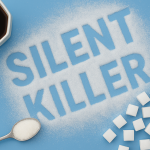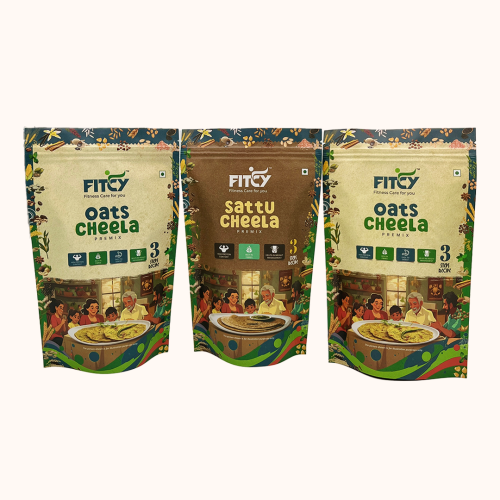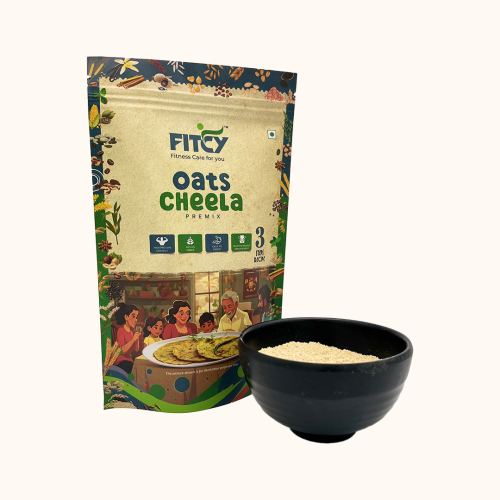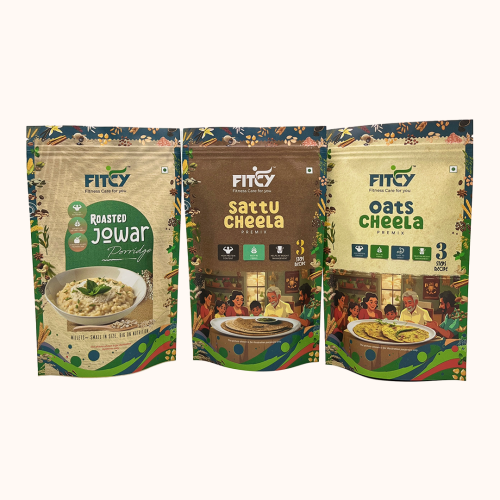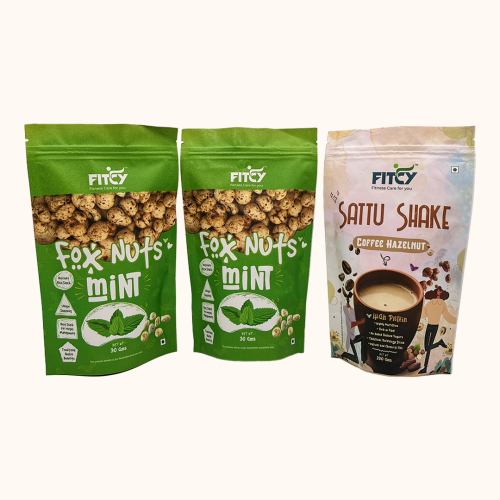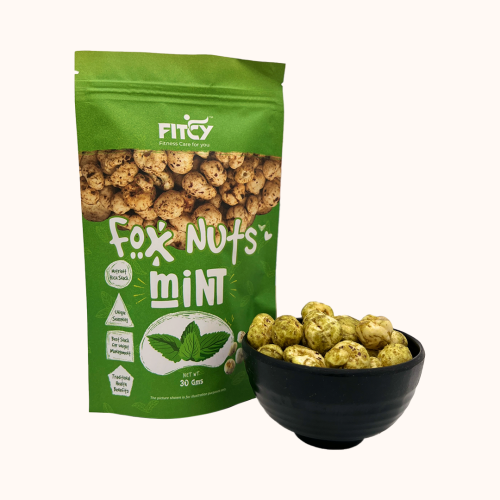Introduction: Sweet on the Surface, Dangerous at the Core
We’ve all grown up with sugar. It’s in our cereals, snacks, desserts—and sometimes even in foods we don’t expect, like bread and sauces. But behind the sweet taste lies a harsh truth: refined sugar is one of the biggest hidden threats to modern health.
From obesity to diabetes, heart disease to inflammation, sugar is often the root cause hiding in plain sight. And the worst part? It’s everywhere, and it’s addictive.
This blog unpacks why refined sugar is such a health hazard, how it manipulates our bodies and minds, and most importantly—how you can break free with smarter, healthier alternatives.
The Problem with Refined Sugar
Refined sugar—also known as table sugar or sucrose—is heavily processed and stripped of all natural nutrients. What’s left is a pure, concentrated form of sweetness that spikes your blood sugar and offers zero nutritional benefit.
It’s Linked to Major Diseases:
- Type 2 Diabetes: Constant sugar intake leads to insulin resistance.
- Obesity: Sugar-sweetened foods are high in empty calories and cause cravings.
- Heart Disease: Sugar raises bad cholesterol and inflammation.
- Fatty Liver: Especially from high-fructose corn syrup used in sodas.
- Cancer Risk: Chronic inflammation and insulin spikes are linked to increased cancer risk.
Refined sugar doesn’t just add pounds—it changes how your body functions at a cellular level.
Why Is Sugar So Addictive?
Sugar activates the brain’s reward system, the same one triggered by addictive substances like nicotine and alcohol. It causes a surge of dopamine—the “feel good” chemical—creating a cycle of craving and temporary satisfaction.
Over time, your body starts to tolerate sugar, meaning you need more to feel the same pleasure. That’s why it’s so hard to “cut down”—because you’re literally hooked.
The Silent Killer in Disguise
The danger of sugar is that it’s not always obvious. It hides under names like:
- High fructose corn syrup
- Dextrose
- Maltose
- Glucose syrup
- Cane juice
Even “healthy” snacks and energy bars can be loaded with sugar. That’s why label reading is no longer optional—it’s essential.
How to Outsmart Sugar: Healthier Alternatives
Good news: You don’t have to give up sweetness to live healthy. Nature offers better ways to satisfy your sweet tooth—without the health risks.
Smart Substitutes:
- Stevia: Plant-based, zero-calorie, and doesn’t spike blood sugar.
- Coconut Sugar: Lower glycemic index and contains trace minerals.
- Date Paste or Syrup: Naturally sweet and packed with fiber and antioxidants.
- Raw Honey (in moderation): Antimicrobial and more nutrient-rich than sugar.
- Jaggery: A less processed form of sugar with iron and minerals.
And the simplest substitute? Cutting back and retraining your taste buds. It takes time, but your body will thank you.
Read Before You Eat: The Label Rule
One of the most empowering habits you can build is learning to read ingredient labels. Don’t just look at the “sugar” line in the nutrition chart—scan the ingredients list for hidden sugars and chemical sweeteners.
If sugar (or its many disguises) is one of the first three ingredients, that’s a red flag.
Start questioning everything—from your salad dressing to your snack bars.
Fitcy’s Philosophy: Better Choices, Not Empty Calories
At Fitcy, we’re passionate about promoting cleaner, more mindful nutrition. That’s why our snacks and products are developed with intention—low in sugar, free from harmful additives, and always focused on ingredients your body understands.
Because once you know the truth about refined sugar, there’s no going back.
Closing: Choose Awareness Over Addiction
Refined sugar may be sweet, but its consequences are bitter. By becoming more aware of what you eat, choosing smarter substitutes, and reading labels like your life depends on it (because it does)—you can take back control of your health, one bite at a time.




